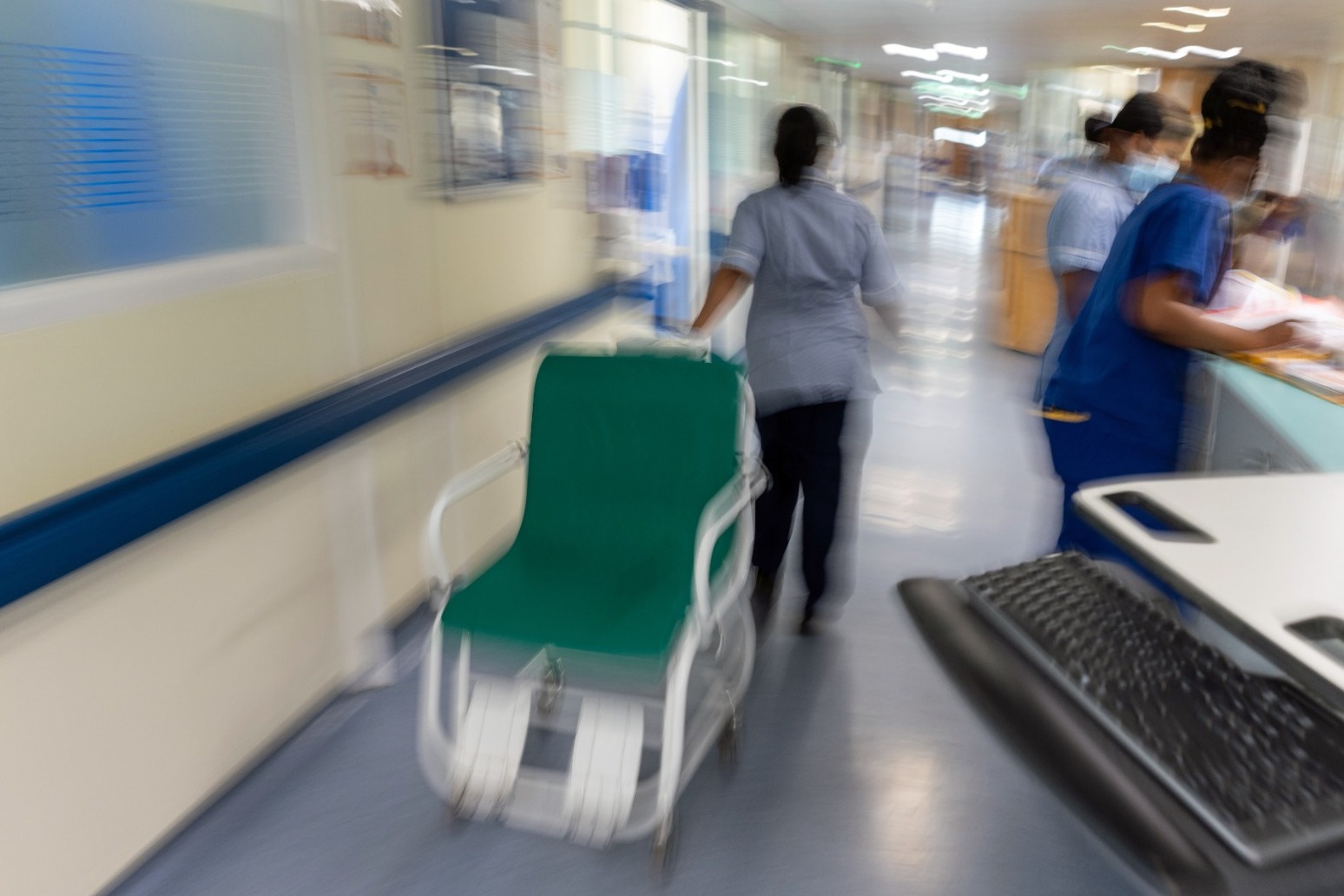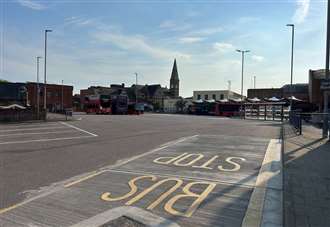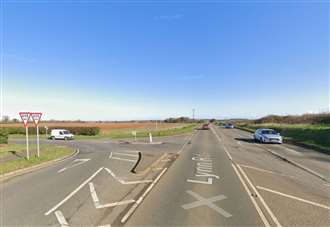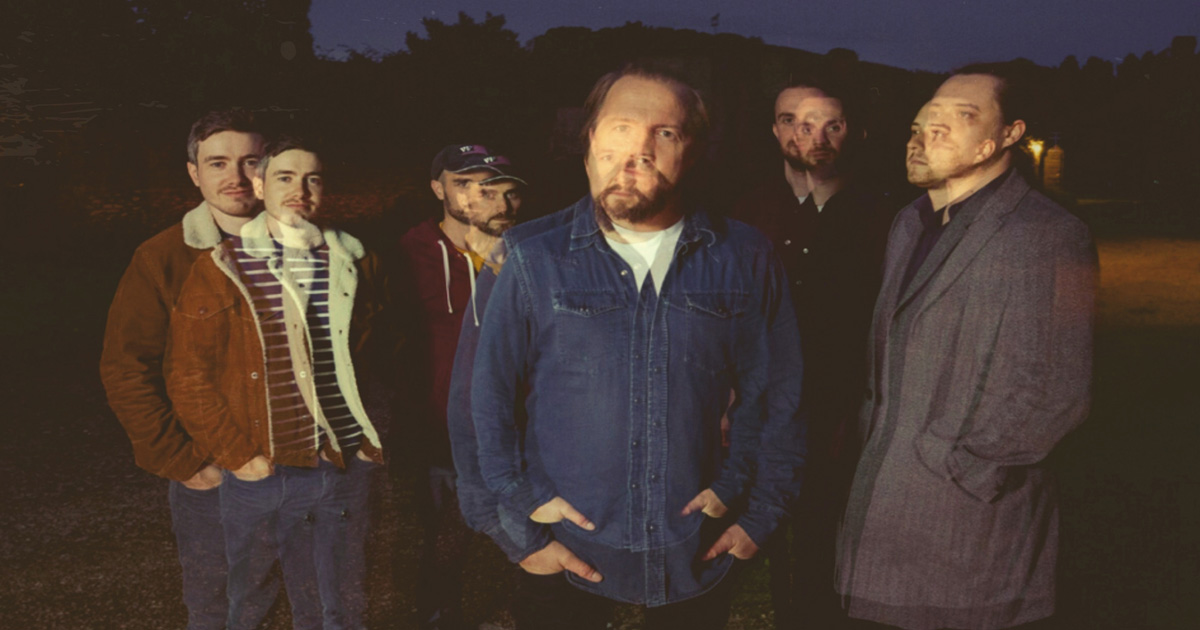
Patients’ access to healthcare when they are in urgent need is “worsening” and improving services will be a “significant challenge” for the NHS, according to a new report.
It comes at a time when more people than ever are seeking unplanned and urgent NHS care, according to the National Audit Office (NAO) study.
The report sets out a number of struggles which patients face when trying to access urgent and emergency care, including:
– Record hospital bed occupancy – between January and March 92.3% of beds were filled, on average.
– The average amount of time it took to answer 999 calls was 88 seconds in December. In March 2018 this was 14 seconds.
– More than 700,000 A&E patients waited more than four hours to be admitted, transferred or discharged in December – another record.
– The average ambulance response time for Category 2 incidents – such as burns, epilepsy and strokes – was 39 minutes 33 seconds in March 2023,
compared with 27 minutes 44 seconds in March 2018.
– In March this year, some 91,000 ambulance “handovers” took more than half an hour – approximately a quarter of all handovers.
– Patient satisfaction with general practice appointment times reached the lowest levels over the last five years in 2022.
It comes amid soaring demand including record numbers seeking help from GPs, 111 and A&E services.
The authors acknowledge that the NHS published a two-year plan to recover services in July but point out that performance against operational targets have not been met since before the Covid-19 pandemic.
Gareth Davies, head of the NAO, said: “More people than ever before are receiving unplanned and urgent care, with NHS England spending increasing amounts of public money and employing record numbers of people.
“Yet patients’ satisfaction and access to services have been worsening, suggesting there is no single, straightforward solution to improving a complex and interdependent system.
“While NHS England has a plan to improve services, long-term trends in workforce, activity, spending and performance indicate this will be a significant challenge.”
Meg Hillier, chairwoman of the Public Accounts Committee, said: “Increasing demand for healthcare is pressuring a strained health service.
“The NHS has more funding and staff than ever before, but patient access to urgent and emergency care – both in hospitals and in the community – is deteriorating across a suite of measures, with this decline long pre-dating the Covid-19 pandemic.
“It’s clear more of the same won’t work. The Department of Health and Social Care and NHS England need to wake up to the severity of these long-term trends if they are going to give patients the service they deserve.”
Labour’s shadow health secretary Wes Streeting said: “In an emergency, patients don’t know whether an ambulance will arrive in time, if it comes at all. 24 hours in A&E isn’t just a TV programme but the grim reality for thousands. The longer we give the Conservatives, the longer patients will wait.
“The last Labour government delivered the shortest waiting times and the highest patient satisfaction in history, and the next Labour government will do it again.”
A Department of Health and Social Care spokesperson said: “We are working to achieve one of the fastest and longest sustained improvements in emergency waiting times in the NHS’ history.
“The NHS’s Urgent and Emergency Care Recovery Plan, includes getting 800 new ambulances on the road and increasing hospital capacity with an additional 5,000 more beds, as well as delivering an extra 3,000 virtual ward beds to safely care for people from home.
“The NAO acknowledges that there is no single solution to the complex challenges facing the NHS but we are pleased it has recognised progress made in increasing staff working in urgent care, and providing tens of thousands more GP appointments.”
An NHS spokesperson added: “As this report shows, NHS staff have experienced a significant growth in demand, with 3.6 million more people receiving care in A&E a year compared to a decade ago and almost 40 million more GP appointments a year than before the pandemic – all while doubling the number of cancer checks since 2013 and introducing innovative ways of working to bring down the longest waits for treatment that inevitably built up during the pandemic.
“While this huge increase in demand, combined with high bed occupancy, the impact of a ‘twindemic’ of Covid and flu over winter and industrial action have undoubtedly been challenging for the NHS, there have been significant improvements in performance since the start of this year and our recently launched recovery plans for urgent and emergency care and primary care set out the changes we are implementing to provide better and faster care for patients.”
A new poll of medics found that almost one in five (18%) said they “almost never” feel in control of their workload.
The survey of the Royal College of Physicians, Royal College of Physicians of Edinburgh and Royal College of Physicians and Surgeons of Glasgow also found that many were concerned about vacancies and rota gaps in their departments.
Published: by Radio NewsHub














